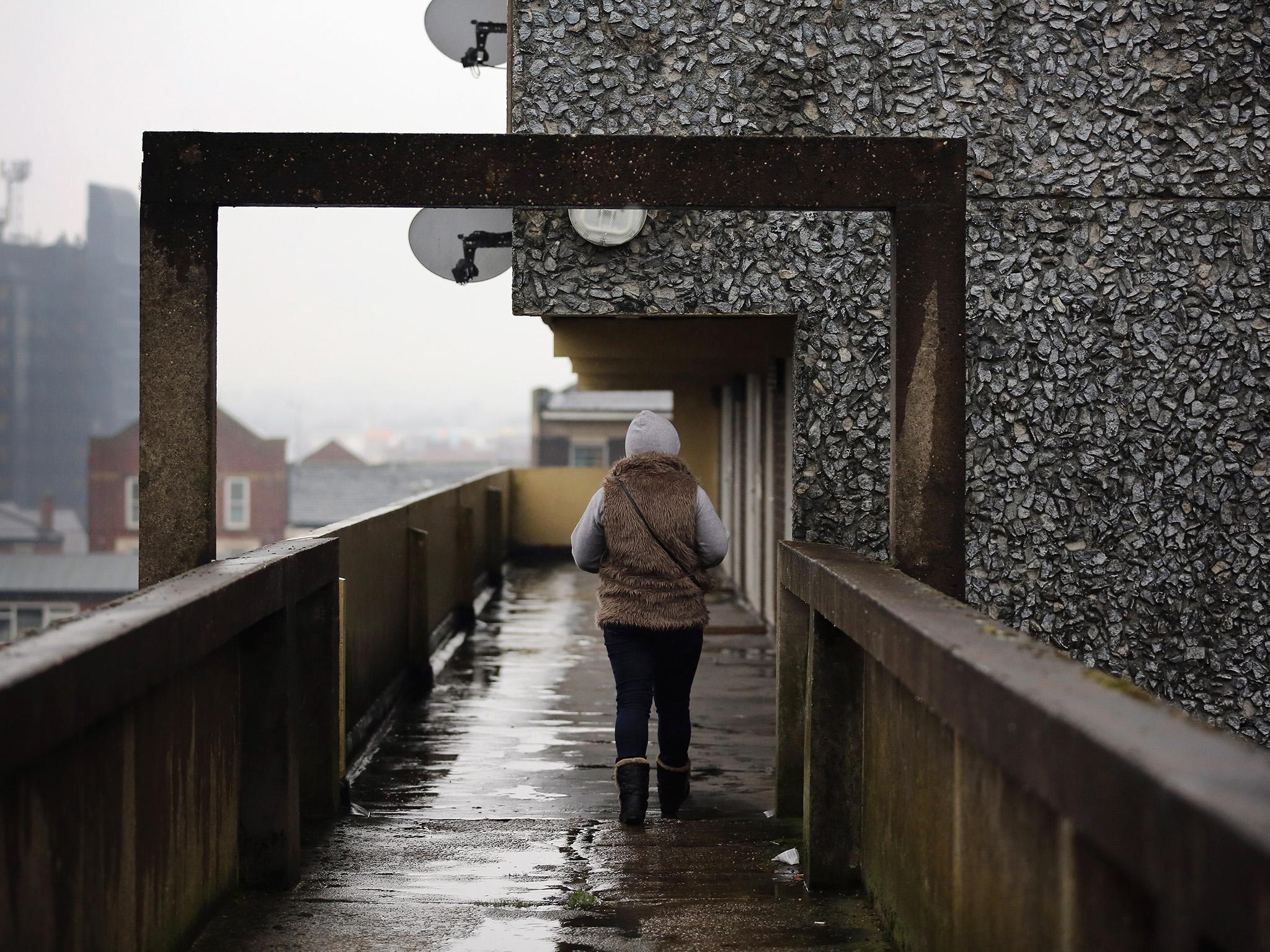'Hygiene poverty' forces poor families to choose between eating and keeping clean, warns report
More and more people going without personal hygiene items such as toothpaste, nappies and tampons in order to afford food, major charity survey reveals

Your support helps us to tell the story
From reproductive rights to climate change to Big Tech, The Independent is on the ground when the story is developing. Whether it's investigating the financials of Elon Musk's pro-Trump PAC or producing our latest documentary, 'The A Word', which shines a light on the American women fighting for reproductive rights, we know how important it is to parse out the facts from the messaging.
At such a critical moment in US history, we need reporters on the ground. Your donation allows us to keep sending journalists to speak to both sides of the story.
The Independent is trusted by Americans across the entire political spectrum. And unlike many other quality news outlets, we choose not to lock Americans out of our reporting and analysis with paywalls. We believe quality journalism should be available to everyone, paid for by those who can afford it.
Your support makes all the difference.Families are increasingly having to choose between buying food or buying essential personal care and sanitary products, a report has revealed.
Charities have warned about an increase in “hygiene poverty” affecting families across the UK, which they said is leading to a growing number of people being unable to afford personal hygiene items such as toothpaste, nappies, tampons and deodorant.
A poll carried out by In Kind Direct, a charity that distributes new and reusable consumer goods to smaller charities, found more than a third of people had gone without hygiene or grooming products, or cut down on them, owing to low finances
The problem is particularly acute among young people, with 56 per cent of 18- to 24-year-olds surveyed unable to afford the items.
According to In Kind Direct's annual survey, eight in 10 of the charities it supports reported an increase in demand for their service, while 70 per cent said the donations provided “essential support” to people struggling to buy basic supplies.
Three quarters of the charities said products helped to alleviate poor personal hygiene and boost recipients’ self-esteem.
One woman, 32-year-old Rucksana Begum, who receives donations from her local charity in Tyneside, Crest UK, said the help enables her to buy things she “wouldn't’t normally be able to afford”, such as sanitary towels and shaving gel.
“I’m a new mum, not working, so I struggle to pay household bills. Not having to worry about buying sanitary towels, shaving gel and products, which I wouldn’t be able to afford, is a big help,” Ms Begum said.
“I feel better about myself and it helps my mental wellbeing. Nice products make me want to look after myself, so I really appreciate them.
"This means I can buy things I wouldn’t normally be able to afford, so I can economise and mix buying baby food jars with homemade food.
“The household bills are there every month and we stick to a budget, but there is little left. This help means we have a bit more to spend on our children.”
Shuley Alam, chief executive of Crest UK, which receives products from In Kind Direct, said: “No matter what social background our ladies are from, personal care and hygiene is important to them.
“Their priority is providing for their children, so when they do get a product, they are really proud and take care of their appearance.
"We’ve seen more people coming to our centre and increased demand for help with hygiene products over the last year.”
Robin Boles, chief executive of In Kind Direct, said: “We are seeing an increase in ‘hygiene poverty’ – people being forced to choose between eating and keeping clean. This is hitting families hard.
“The fact that last year was In Kind Direct’s busiest year ever distributing products to charities and the people they help, highlights the stark choices people are facing. Our survey shows the significant impact this has on self-esteem."
The charity said it had distributed more than £20m of donated products to small charities last year alone – a record since operations began in 1997.
Join our commenting forum
Join thought-provoking conversations, follow other Independent readers and see their replies
Comments